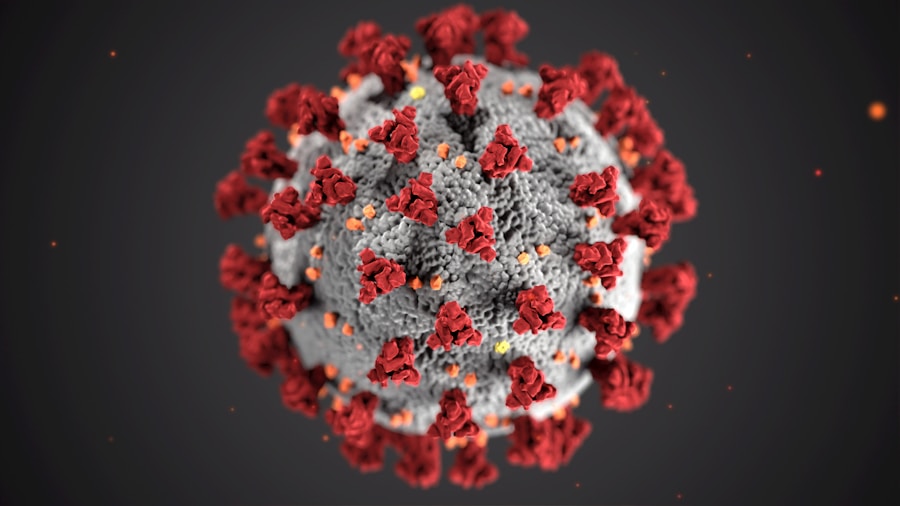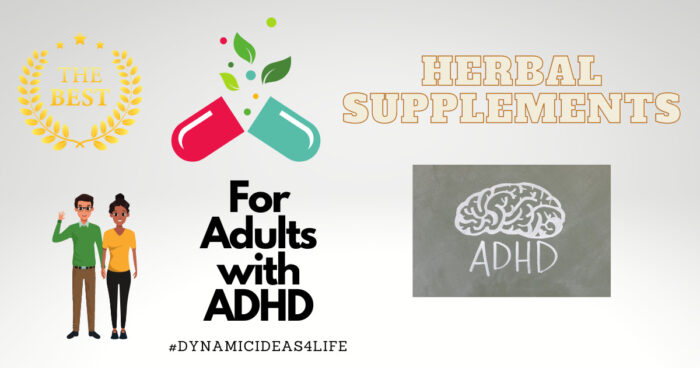Uncovering the Link Between Helicobacter Pylori and Digestive Disorders
Helicobacter pylori if you have never heard of it is a type of bacteria that infects the stomach lining and is a major cause of digestive disorders. It is estimated that over half of the world’s population is infected with this bacterium, making it one of the most common bacterial infections worldwide.
Helicobacter pylori infection can lead to various digestive disorders, including gastritis, peptic ulcers, and even stomach cancer.
Understanding the impact of Helicobacter pylori on the digestive system is crucial for effective prevention and management of these conditions.
What is Helicobacter Pylori and How Does it Affect the Digestive System?
Helicobacter Pylori is a spiral-shaped bacterium that primarily resides in the stomach lining. It has adapted to survive in the acidic environment of the stomach by producing an enzyme called urease, which neutralizes stomach acid.
This allows the bacterium to thrive and colonize the stomach.
When Helicobacter Pylori infects the stomach lining, it triggers an immune response, leading to inflammation. This inflammation can cause damage to the stomach lining, leading to gastritis, which is characterized by stomach pain, bloating, and nausea.
If left untreated, the inflammation can progress to peptic ulcers, which are open sores in the lining of the stomach or upper small intestine.
In some cases, long-term infection with Helicobacter pylori can even lead to stomach cancer. A scary thought but this is treatable if you know how.
The Prevalence of Helicobacter Pylori in the Population
Helicobacter Pylori infection is highly prevalent worldwide, with estimates suggesting that over 50% of the global population is infected. The prevalence varies depending on geographical location and socioeconomic factors.
In developing countries with poor sanitation and crowded living conditions, the prevalence tends to be higher.
Helicobacter Pylori is primarily transmitted through oral-oral or fecal-oral routes. It can be spread through contaminated food and water, as well as through close contact with an infected individual.
Factors that increase the risk of infection include living in crowded conditions, poor hygiene practices, and a lack of access to clean water and sanitation facilities.
Certain populations are at a higher risk of Helicobacter pylori infection. These include individuals from developing countries, lower socioeconomic backgrounds, and those with a family history of infection.
Additionally, individuals who have had close contact with someone infected with Helicobacter pylori are also at an increased risk.
Symptoms of Digestive Disorders Caused by H. Pylori
The symptoms of digestive disorders caused by Helicobacter Pylori can vary in severity and duration. Some individuals may experience no symptoms at all, while others may have persistent and debilitating symptoms.
Common symptoms of Helicobacter pylori-related digestive disorders include stomach pain or discomfort, bloating, nausea, vomiting, and loss of appetite.
These symptoms can range from mild to severe and may come and go over time. In some cases, the symptoms may be mistaken for other digestive conditions, such as acid reflux or irritable bowel syndrome.
It is important to note that not everyone infected with Helicobacter pylori will develop digestive disorders. Some individuals may carry the bacterium without experiencing any symptoms. However, even in the absence of symptoms, the infection can still cause long-term damage to the stomach lining if left untreated.
Diagnosis and Testing for Helicobacter Pylori Infection
There are several methods used to diagnose Helicobacter pylori infection. The most common method is a breath test, where the patient drinks a solution containing a special carbon compound. If Helicobacter pylori is present in the stomach, it will break down the carbon compound, releasing carbon dioxide, which can be detected in the breath.
Another method is a stool test, where a sample of the patient’s stool is analyzed for the presence of Helicobacter pylori antigens. This test is non-invasive and can be done at home, making it a convenient option for many patients.
In some cases, an endoscopy may be performed to directly visualize the stomach lining and take a biopsy for testing. During an endoscopy, a thin tube with a camera is inserted through the mouth and into the stomach. This allows the doctor to examine the stomach lining and take samples for further analysis.
It is important to note that these tests may not always be 100% accurate. False negatives and false positives can occur, so it is important to consult with a healthcare professional to determine the most appropriate testing method based on individual circumstances.
Treatment Options for Helicobacter Pylori-Related Digestive Disorders
The treatment options for Helicobacter pylori-related digestive disorders typically involve a combination of antibiotics and acid-suppressing medications. The goal of treatment is to eradicate the bacterium and reduce inflammation in the stomach lining.
The most common treatment regimen involves a two-week course of antibiotics, such as amoxicillin, clarithromycin, and metronidazole, along with a proton pump inhibitor (PPI) to reduce stomach acid production.
This combination therapy is highly effective in eradicating Helicobacter pylori and promoting healing of the stomach lining.
In some cases, a quadruple therapy regimen may be used, which includes two antibiotics, a PPI, and bismuth subsalicylate. This regimen is typically reserved for cases where the initial treatment has failed or when there is resistance to certain antibiotics.
It is important to complete the full course of treatment as prescribed by a healthcare professional, even if symptoms improve before the treatment is finished.
Failure to complete the treatment can lead to antibiotic resistance and a higher risk of recurrent infection.
The Role of Antibiotics in Treating H. Pylori Infection
Antibiotics play a crucial role in the treatment of Helicobacter pylori infection. They are used to directly target and kill the bacterium, allowing the stomach lining to heal and reducing the risk of complications.
However, it is important to note that the overuse and misuse of antibiotics can contribute to antibiotic resistance, which is a major global health concern.
Antibiotic resistance occurs when bacteria develop the ability to survive and multiply in the presence of antibiotics, rendering them ineffective.
To minimize the risk of antibiotic resistance, it is important to use antibiotics judiciously and only when necessary. This includes following the prescribed treatment regimen and not using antibiotics for viral infections or other conditions for which they are not indicated.
Also, it is important to understand taking antibiotics can reduce the natural supply of probiotics that are necessary for healthy digestion and a balanced gut flora.
Lifestyle Changes to Manage Helicobacter Pylori-Related Digestive Disorders
In addition to medical treatment, certain lifestyle changes can help manage Helicobacter pylori-related digestive disorders and promote healing of the stomach lining.
Diet plays a crucial role in managing these conditions. It is important to avoid foods that can irritate the stomach lining, such as spicy foods, acidic foods, and caffeine.
Instead, focus on a diet rich in fruits, vegetables, whole grains, and lean proteins. It may also be helpful to eat smaller, more frequent meals to reduce the workload on the stomach.
Stress management is another important aspect of managing Helicobacter pylori-related digestive disorders. Stress can worsen symptoms and delay healing, so finding healthy ways to cope with stress, such as exercise, meditation, or therapy, can be beneficial.
Other lifestyle factors that can contribute to digestive health include getting regular exercise, maintaining a healthy weight, avoiding smoking and excessive alcohol consumption, and practicing good hygiene.
Long-Term Effects of Helicobacter Pylori Infection on Digestive Health
If left untreated, Helicobacter pylori infection can have long-term effects on digestive health. Chronic inflammation of the stomach lining can lead to the development of peptic ulcers, which can cause pain, bleeding, and even perforation of the stomach or small intestine.
In some cases, long-term infection with Helicobacter pylori can also increase the risk of developing stomach cancer. The bacterium is classified as a Group 1 carcinogen by the World Health Organization, indicating that it is a known cause of cancer in humans.
It is important to note that not everyone infected with Helicobacter pylori will develop these complications. The risk depends on various factors, including the strain of the bacterium, the duration of infection, and individual susceptibility.
Prevention and Management Strategies for Helicobacter Pylori-Related Digestive Disorders
Prevention and early detection are key strategies for managing Helicobacter pylori-related digestive disorders. This includes practicing good hygiene, such as washing hands thoroughly with soap and water before eating or preparing food, and avoiding close contact with individuals who are infected.
If symptoms suggestive of Helicobacter pylori infection occur, it is important to seek medical attention for proper diagnosis and treatment.
Early detection and treatment can help prevent complications and reduce the risk of long-term damage to the stomach lining.
Regular check-ups with a healthcare professional are also important for individuals at a higher risk of Helicobacter pylori infection, such as those with a family history or individuals from high-prevalence areas. These check-ups may include screening tests to detect the presence of the bacterium and monitor for any signs of complications.
Conclusion:
Helicobacter pylori is a common bacterium that infects the stomach lining and is a major cause of digestive disorders. Understanding the impact of Helicobacter pylori on the digestive system is crucial for effective prevention and management of these conditions.
It is important to be aware of the symptoms, get tested if necessary, and seek appropriate treatment to prevent complications and promote healing of the stomach lining.
Additionally, adopting a healthy lifestyle and practicing good hygiene can help manage Helicobacter pylori-related digestive disorders and promote overall digestive health.






